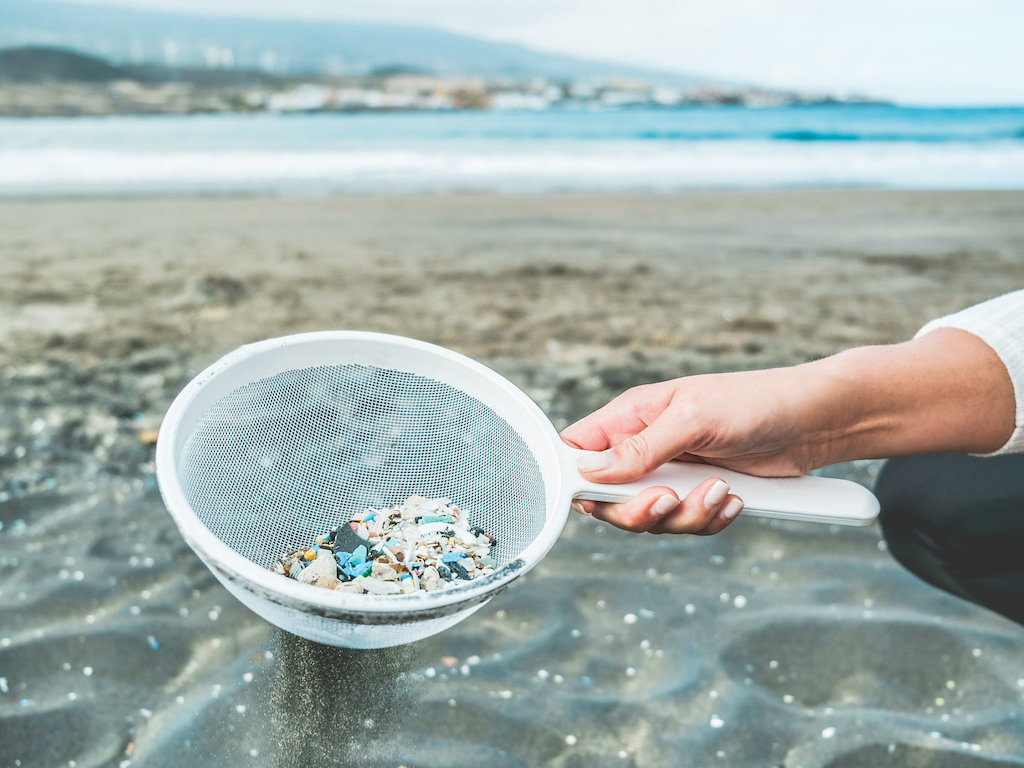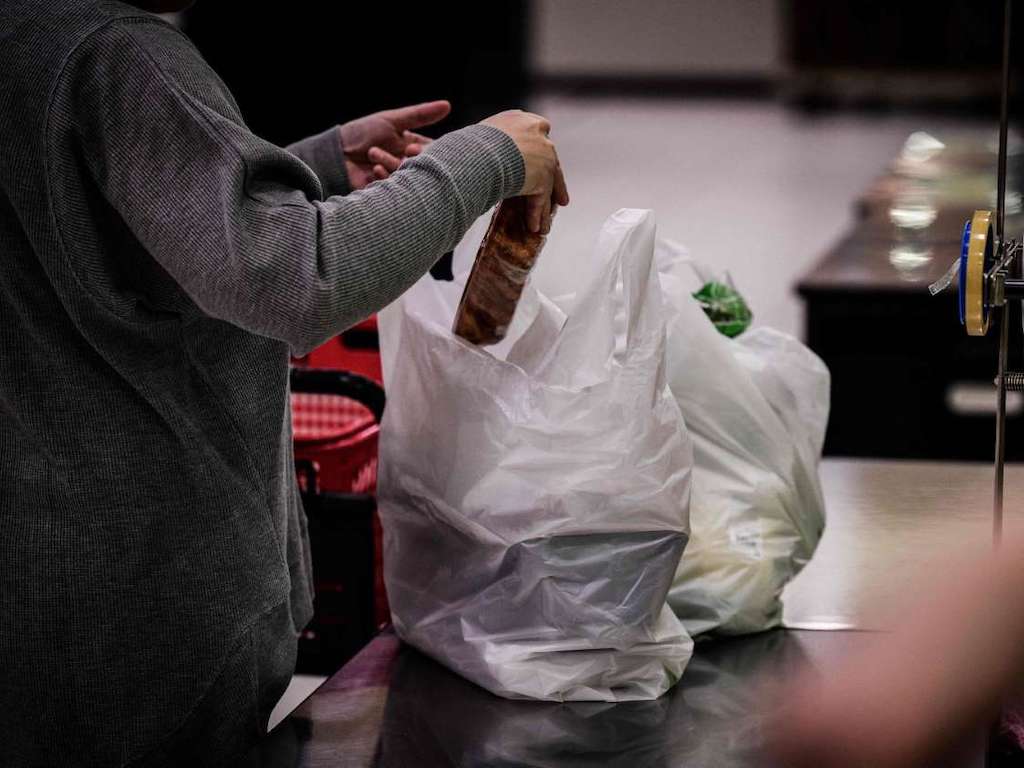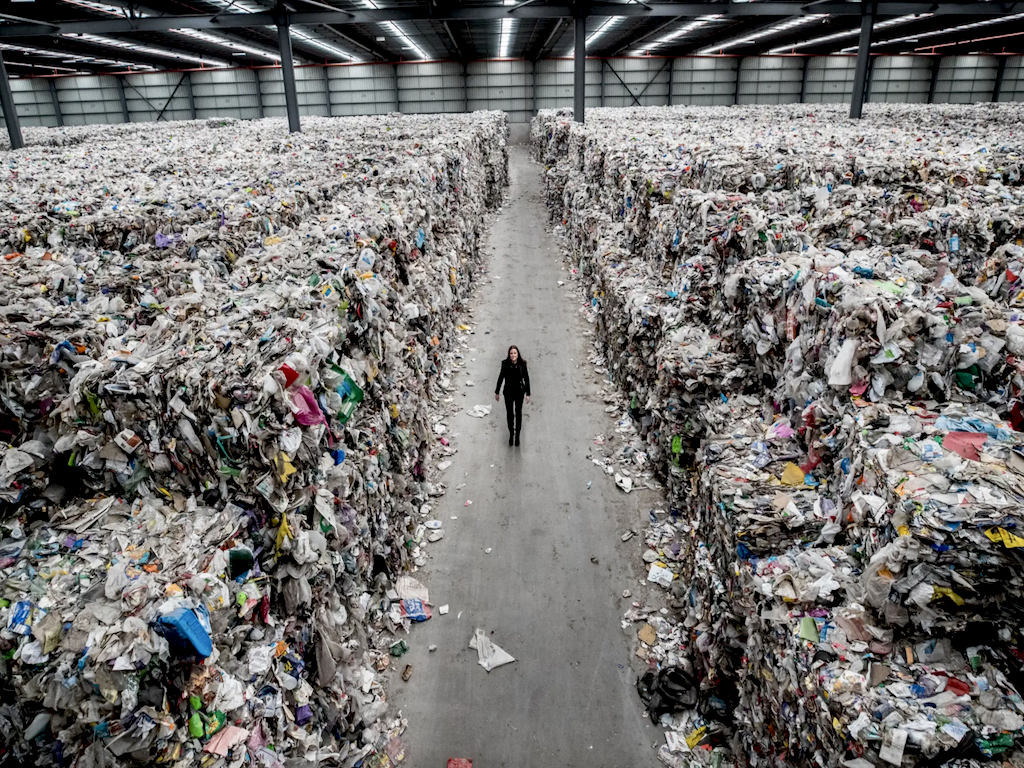4 Mins Read
Even if there was a globally-coordinated effort to slash plastic waste, the world will still have to tackle an astonishing 710 million metric tonnes of plastic pollution by 2040. While the research shows that there is no silver bullet when it comes to tackling the world’s plastic waste crisis, there is no choice but for governments, businesses and individuals to make drastic changes now.
The new study, led by a team of international researchers and published in the journal Science, finds that even in a “best-case scenario” where plastic consumption is reduced by 80%, there will still be 710 million tonnes of plastic left polluting our planet.
Currently, the world produces over 360 million tonnes of plastic every single year, with at least 10% entering our oceans, polluting seas and beaches, endangering marine and wildlife. Previous research has detected microplastics in everything from ocean spray to rainwater and even sea salt, where these tiny plastic particles enter back into the human food chain.
Much of the plastic economy is fuelled by the rise in disposable plastics due to the world’s throwaway culture, said the study. Low-value sachets for products such as condiments and other personal care items alone contribute as much as 855 billion individual pieces of plastic waste every year.
The biggest takeaway from our work is that if we don’t do anything, the plastic pollution problem is going to become unmanageable.
Dr. Winnie Lau, co-author of the study
The researchers added that another part of the problem is the poor waste management infrastructure around the world, which do not have the capacity to collect, safely dispose of or recycle used plastics.

This is a particularly prevalent problem in developing countries in Asia, where shipments of plastic waste from richer nations have flooded their shores, many resorting to open incineration to handle the influx, leading to devastating health and environmental consequences for local communities.
In order to avoid a plastic pile greater than the predicted 710 million tonnes by 2040, the study’s authors say that global efforts to fight the plastic waste crisis must be dramatically ramped up. Actions include improving waste management, increasing reusables and slashing plastic consumption – change needs to happen at every point of the global plastic supply chain.
“The biggest takeaway from our work is that if we don’t do anything, the plastic pollution problem is going to become unmanageable,” co-author of the paper Dr. Winnie Lau told CNN. “Doing nothing is not an option.”
These findings come as plastic waste around the world is on the rise amid the coronavirus pandemic, which has seen the use of disposable personal protective equipment (PPE), such as gloves, face masks and hand sanitiser bottles increase dramatically.
Even with immediate and concerted action, 710 million metric tons of plastic waste cumulatively entered aquatic and terrestrial ecosystems.
Authors of the study “Evaluating scenarios toward zero plastic pollution”
Earlier this year, Green Queen reported on the shocking numbers of disposable face masks littered across a 100-metre-long beach in Hong Kong found by local marine conservation NGO OceansAsia.

However, while the use of disposable PPE used by medical and health professionals is unavoidable, there must be a concerted effort by society to move away from single-use items whenever possible. A few weeks ago, top scientists and experts reiterated that reusable items do not pose a higher risk of transmission and are perfectly safe for use during the crisis, putting down unfounded fears stoked by right-wing groups during the pandemic.
In an exclusive interview with Green Queen, Gary Stokes, the founder and director of OceansAsia, said that now is the time for non-essential and non-medical staff and communities that are not considered high-risk groups vulnerable to the pandemic to begin to phase out disposable face coverings.
Some governments have started to step up action, such as Germany’s ban on single-use plastic items and Japan’s plastic bag charging scheme, which followed the European Union’s landmark plan to introduce regulations promoting circularity and put an end to throwaway culture.
However, here in Hong Kong, discussions over a long proposed waste disposal levy bill have been discontinued, effectively shutting down on years of work that would have introduced much-needed charges to fight plastic waste.
Lead image courtesy of Jason South.




